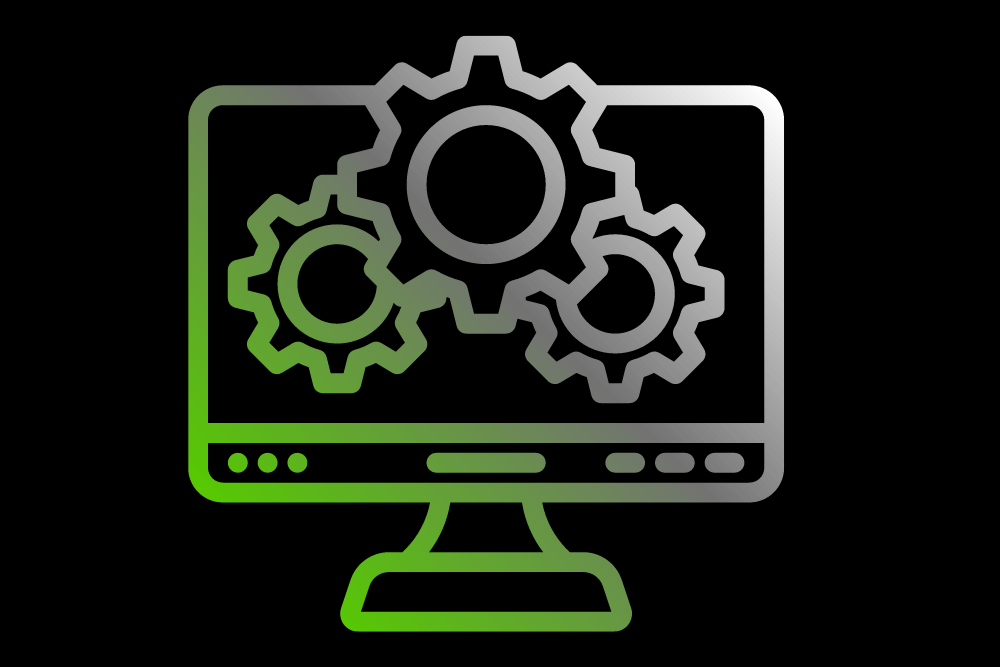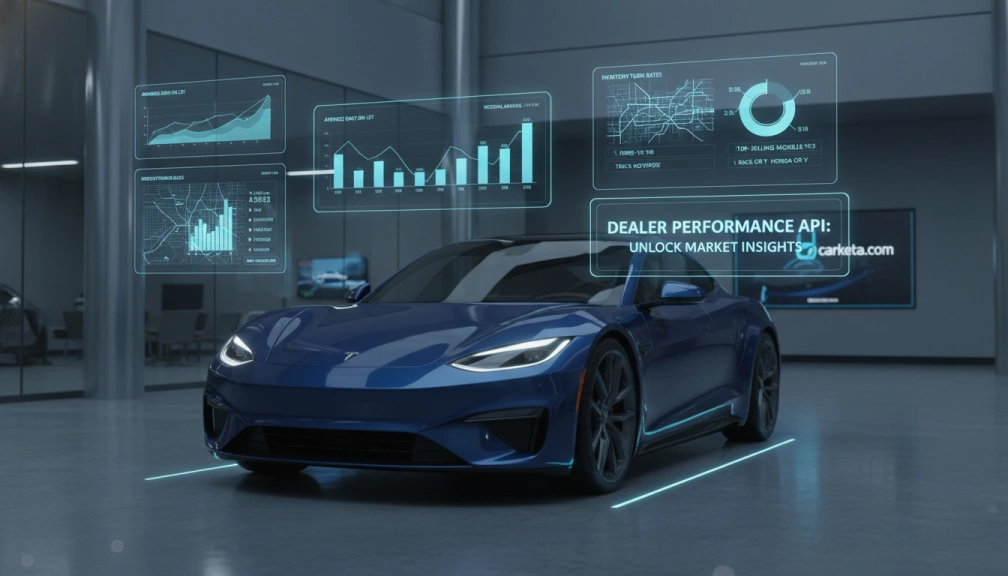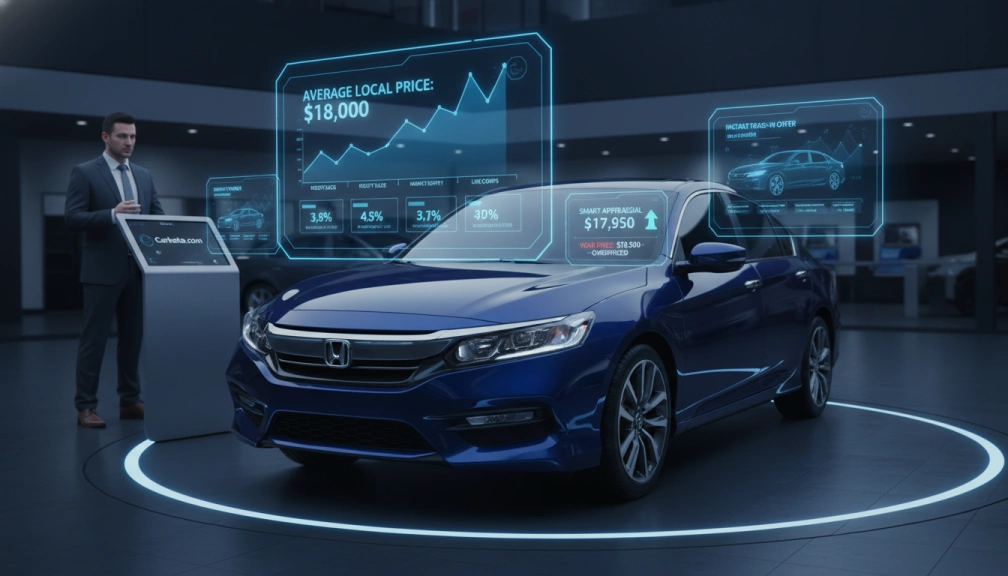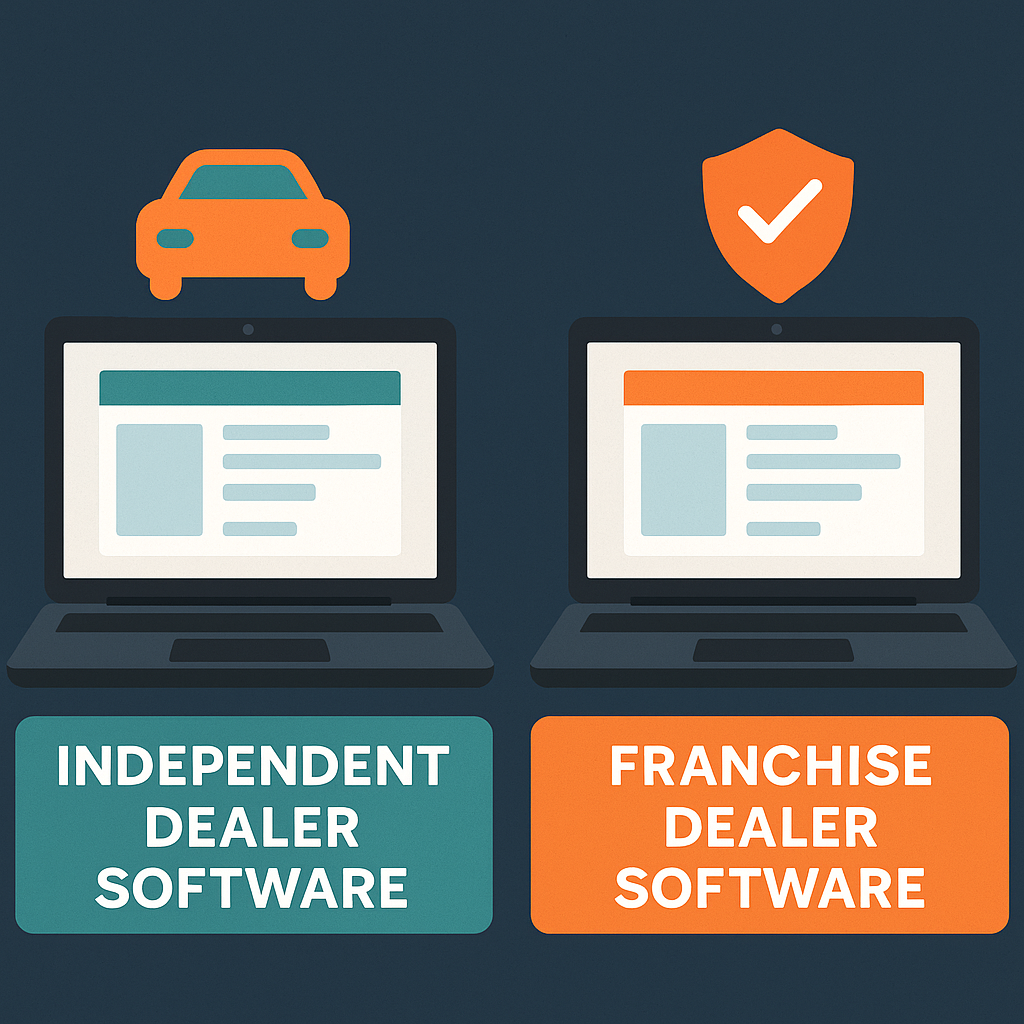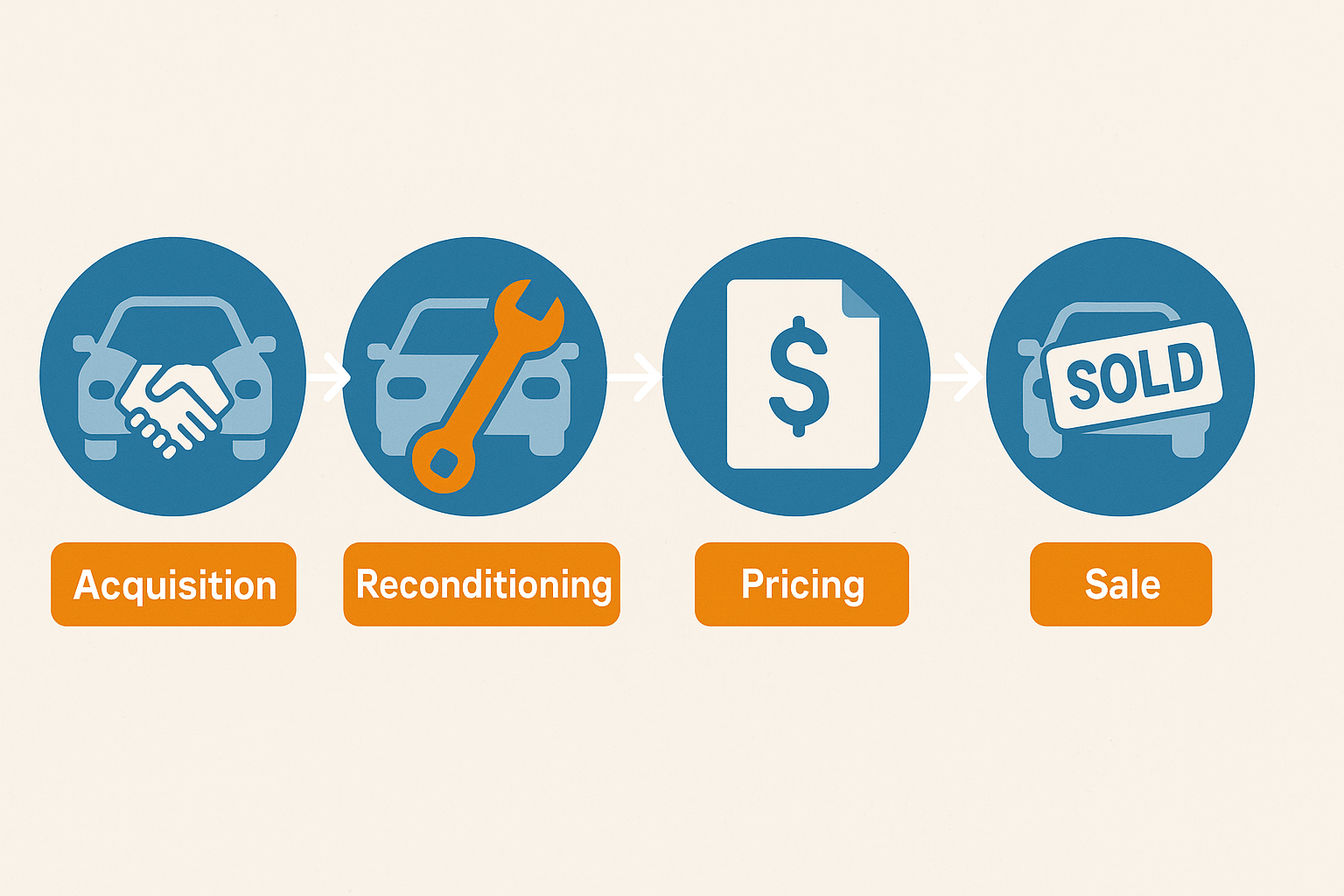Technology is driving dealerships in ways the industry has never seen before, and the best dealership management systems are changing too.
From direct-to-consumer car shipments, inventory arbitrage, disruptors like Carvana and Carmax shaking up the landscape for the last 10+ years, it’s never been more important for franchise and independent dealers to be ahead of the curve on implementing new technology in the dealership.
But what are dealers doing with the one piece of tech that has been the mainstay for over two decades — the dealership management system.
For some, they are tired of working with a DMS that is clunky, and runs on a computer with Windows 95. Those dealers are looking to a new pack of DMS competitors that are hoping to disrupt the space with tools that are easy to integrate with and are more than just a system of record for your inventory and dealbook.
In this guide, we’ll dive into what to consider if you’re in the market for a new dealership management system, what are some of the latest advancements in the space, what you could be looking at regarding costs, and how to find the right fit for your dealership. To be sure – there is no one-size-fits-all DMS. Many venture more into F&I features, sales components, customer-facing interfaces and operational data. And very few are cut from the same cloth.
Do I need a different Dealership Management System (DMS)?
The selection of the right Dealership Management System (DMS) is crucial for the success of car dealerships. A robust DMS can streamline operations, improve communication, and ultimately contribute to increased profitability.
For many new dealerships, starting off with the right DMS is critical to their early success. For growing dealerships, they may find their current DMS is either limited in multi-location operations or their team is used to a different product.
However, with many options available in the market, choosing the the best dealership management system can be a daunting task. And as you grow, revisiting your DMS setup and selection is vital to transforming the operations of the dealership. Very few dealers can grow from 6 to 600+ cars on the lot with the same DMS – you have to upgrade your systems if you want to up-level your dealership.
Understanding the Dealership Management System
A Dealership Management System (often called a dealer management system or a dealership management software) is an integrated suite of tools that helps car dealers manage various aspects of their business. This can include inventory management, sales, finance, and customer relationships. The right DMS acts as the central nervous system of a dealership. It connects different departments and functions to create a cohesive and efficient operation.
In today’s market, the major companies powering dealership management systems have expanded their offerings from just being a system of record for a dealership to desking deals. They now provide compliance services, compose due bills, host dealership websites, do ad management and lead services; handle inventory processes & repair orders; the list goes on and on.
Key Considerations for Selecting the Best Dealership Management Systems
Scalability
As a dealership grows, so do its needs. Choose a dealership management system that can scale with the business. Look for a system that can deal with an increasing volume of transactions, users, and data without compromising performance.
Integration Capabilities
A DMS should seamlessly integrate with other essential tools used in a dealership, such as Customer Relationship Management (CRM) systems, accounting software, and marketing platforms. This integration ensures a smooth flow of information across various departments.
User-Friendly Interface
Ease of use is critical for the successful adoption of any technology. A user-friendly interface reduces training time for staff and minimizes the risk of errors. Consider a dealership management system that offers easy navigation and good UX.
Comprehensive Reporting and Analytics
Data is a powerful asset in the automotive industry. A DMS should provide robust reporting and analytics capabilities, allowing dealerships to gain insights into sales performance, inventory turnover, and customer behavior. This data-driven approach can inform strategic decisions and drive business growth.
Security and Compliance
With the increasing threat of cyber-attacks, ensuring the security of sensitive customer and business data is paramount. For example, the best dealership management systems adhere to industry standards for data security and compliance with regulations such as the General Data Protection Regulation (GDPR).
Cloud-Based vs. On-Premises
The choice between a cloud-based and on-premises DMS depends on the dealership’s specific needs and infrastructure. Cloud-based systems offer flexibility and accessibility, while on-premises solutions provide greater control over data but may require more significant upfront investment. Most dealers are moving toward cloud-based solutions, especially smaller dealers who don’t want to manage on-prem IT requirements and support.
Support and Training
Adequate support and training are essential for the successful implementation of the best dealership management system. Choose a provider that offers comprehensive training programs and responsive support services to address any issues promptly.
Customization Options
Every dealership is unique, and a one-size-fits-all solution may not suffice. Look for a DMS that offers customization options, allowing the system to be tailored to the specific needs and workflows of the dealership. This can often be done through integrations with other services. For example, Carketa integrates with 30+ DMS providers to offer recon solutions they don’t contain natively in their platform.
Vendor Reputation and Track Record of Dealership Management Systems
Research the reputation and track record of DMS vendors. Look for reviews from other dealerships on places like GetApp, SoftwareAdvice and Capterra. Ask for references, and assess the vendor’s commitment to ongoing system updates and improvements.
Total Cost of Ownership
Consider the total cost of ownership, including upfront costs, ongoing subscription fees, and any additional expenses such as training and support. A clear understanding of the financial investment will help dealerships make informed decisions.
Selecting the best Dealership Management System is a strategic decision that can significantly impact a dealership’s overall performance and success. By carefully evaluating the above factors, car dealers can make an informed choice that aligns with their business goals.
The right DMS is not just a software solution; it’s a catalyst for efficiency, productivity, and a superior customer experience. As technology continues to reshape the automotive industry, investing in the best dealership management system is a crucial step to thriving in a competitive market.
Explore related articles to learn more about software solutions for car dealerships:
